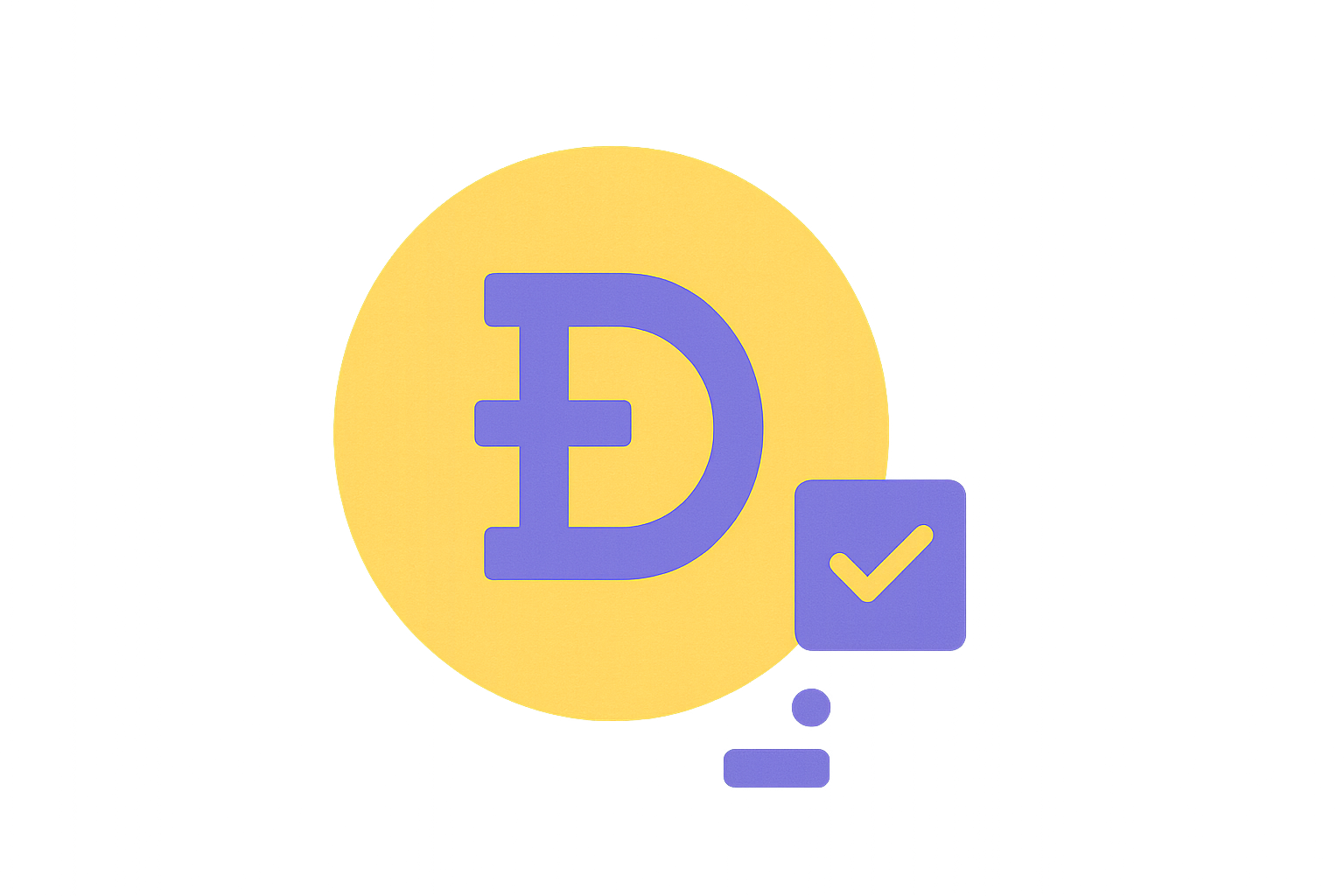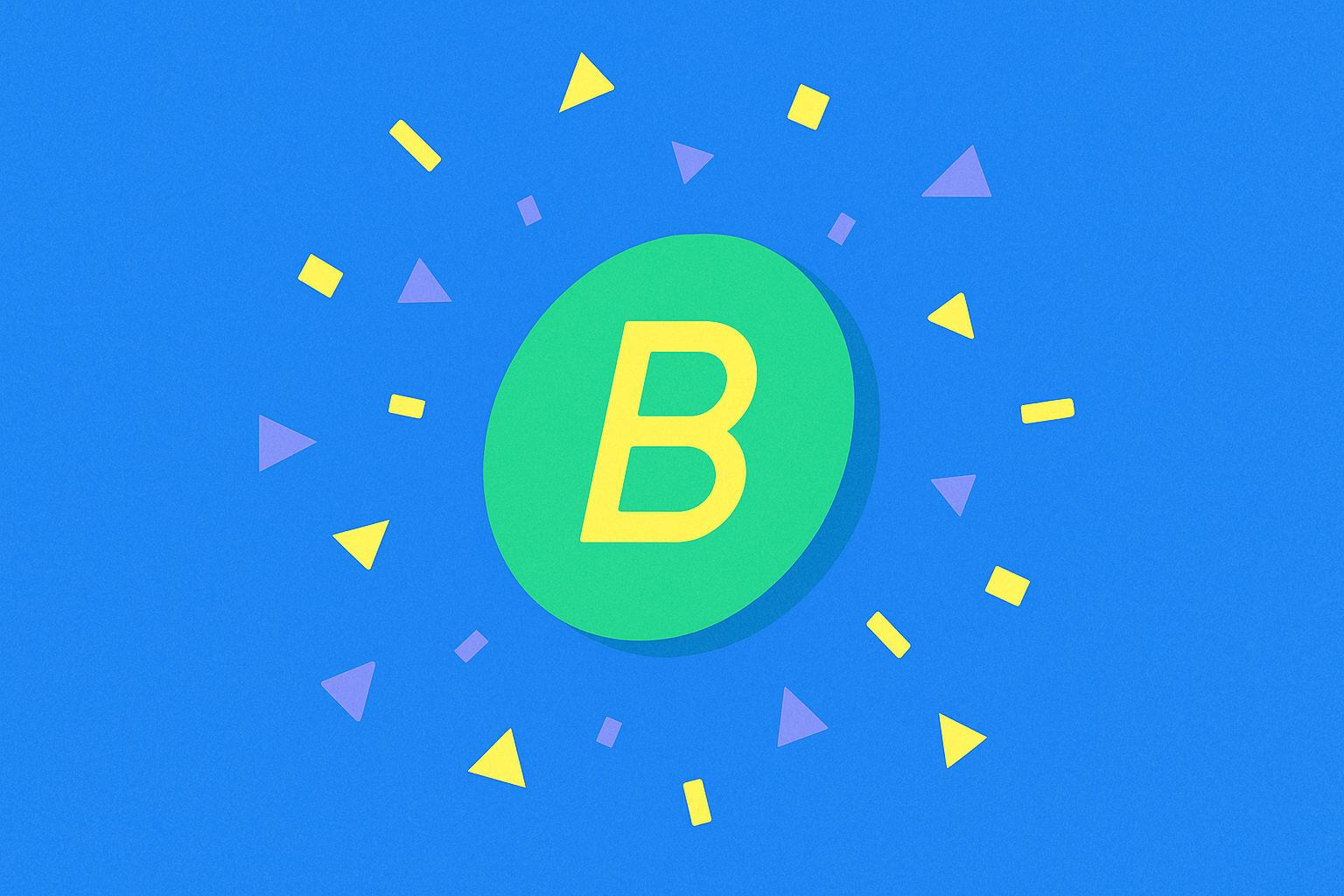2025 Küresel En İyi 10 Kripto Para Borsası Sıralaması


2025 Küresel En İyi 10 Kripto Para Borsası Sıralaması
Dijital ekonominin dünyayı hızla etkisi altına aldığı günümüzde, kripto para borsaları geleneksel finans ile blockchain ekosistemini buluşturan stratejik merkezler haline gelmiştir. Bu makalede, çok boyutlu bir değerlendirme sistemiyle sektörün genel görünümü ele alınmaktadır.
1. Lider Küresel Borsa: İşlem Hacmi Şampiyonu
En üst sırada yer alan borsa, CoinGecko borsa sıralamalarında birkaç yıldır zirvedeki konumunu koruyor. Günlük işlem hacmi 30 milyar doların üzerinde seyreden bu platform, 'blockchain ekosistemi + merkezi alım-satım' şeklindeki çift kanallı modeliyle sektöre öncülük etti. Bu yaklaşım, kendi blockchain ağı ve NFT pazarları dahil olmak üzere ondan fazla alt projeye hayat verdi; küresel kullanıcı sayısı ise 350 milyonu aştı.
2. Teknolojide İnovasyon Lideri
200'den fazla ülke ve bölgede hizmet veren bu borsa, türev işlemler alanında sürekli yenilik yapıyor. Platformun son geliştirdiği 'birleşik işlem hesabı' sistemi, ürünler arasında çapraz teminat desteği sunarak sermaye kullanım verimliliğini geleneksel borsaların altı katına çıkarıyor. Blockchain explorer verileri, platformun kendi zincirinde aktif adres sayısının çeyrekten çeyreğe yüzde 45 arttığını gösteriyor.
3. Uyum Sürecinde Hızlanma
Marka dönüşümünü tamamlayan bu borsa, küresel çapta birçok noktada dijital varlık lisansı aldı. 350 kişilik uyum ekibiyle, bu yılın üçüncü çeyreğinde KYC onaylı kullanıcı sayısı geçen yıla göre yüzde 200 artarken, kurumsal yatırımcıların günlük işlem hacmindeki payı yüzde 45’i geçti.
Özel Platform Gözlemleri
Bir platform, topluluk programı sayesinde on milyonlarca yeni Web3 kullanıcısı oluşturdu. Japonya’da uyumlu borsalar için örnek teşkil eden bir platform, Tokyo Menkul Kıymetler Borsası’ndan stratejik yatırım aldı. Bir diğer platform ise DeFi toplama alım-satımında çalışmalarını sürdürerek 70’in üzerinde blockchain ağına bağlantı sağlıyor.
Sektörel Gelişim Eğilimleri
Dünyanın dört bir yanında düzenleyici otoriteler kripto paralara ilişkin yaklaşımlarını geliştirirken, uyum borsalar için temel rekabet alanına dönüştü. 2025 üçüncü çeyrek verileri, en iyi 10 borsanın uyum harcamalarının geçen yıla göre yüzde 250 arttığını; platformların kapsamlı zincir üstü kara para aklama karşıtı sistemler kurduğunu gösteriyor. Özellikle Orta Doğu’daki egemen varlık fonları, bölgesel regülasyon kurumları aracılığıyla kripto varlık saklama işine aktif şekilde yatırım yapıyor. Bu gelişme, sektörün coğrafi yapısını yeniden şekillendirebilir.
Sonuç
Küresel kripto para piyasası değeri 3,2 trilyon doları aşarken ve Bitcoin fiyatı yeni zirvelere ulaşırken, şeffaf denetim mekanizmalarına, güçlü risk yönetim sistemlerine ve çeşitli finansal ürünlere sahip borsaları tercih etmek, istikrarlı yatırım açısından kritik öneme sahip. Yatırımcılar, simülasyon hesapları, likidite testleri ve diğer kriterler üzerinden en uygun alım-satım platformunu kapsamlı biçimde değerlendirmelidir.
Sıkça Sorulan Sorular
BTC ne kadar süre daha madencilikle üretilebilecek?
BTC madenciliği, toplam 21 milyon bitcoin çıkarılana dek, yaklaşık 2140 yılına kadar sürecektir. Madencilik ödülleri her 4 yılda bir azalır; tüm coin’ler çıkarıldığında ödüller işlem ücretlerine dönüşür.
Dünyada en fazla BTC’ye kim sahip?
Bitcoin’in yaratıcısı Satoshi Nakamoto’nun en fazla BTC’ye sahip olduğu düşünülüyor; tahmini miktar 1,1 milyon coin civarında. Ancak kesin rakam hâlâ bilinmemektedir.

Kripto Neden Yükselir ve Düşer? Kripto Para Fiyatlarının Dalgalı Dünyası İçinde

Zincir üstü veri analizi, kripto para piyasasındaki trendleri nasıl ortaya çıkarır?

Kripto Varlıkları ve Fon Akışları Piyasa Trendlerini Nasıl Etkiler?

Kripto piyasasında FUD’u anlamak: Yatırımcı duyarlılığı üzerindeki etkisi

Rezerv Doğrulaması ile Kripto Para Şeffaflığının Sağlanması

Japonya’da kredi kartı kullanarak Dogecoin satın almak için adım adım rehber

LUNC Borsasındaki Net Girişler ve Varlık Yoğunlaşması, 2025’te Terra Classic’in Piyasa Dinamiklerini Nasıl Şekillendirir?

SHIB, piyasa değeri ve kullanıcı sayısı bakımından Dogecoin ile diğer meme coin'lerle nasıl karşılaştırılıyor?

REI Network (REI) iyi bir yatırım mı?: Piyasa potansiyeli, risk faktörleri ve gelecek beklentilerinin kapsamlı analizi

Basenji (BENJI) iyi bir yatırım mı?: Risk, piyasa potansiyeli ve gelecek beklentilerinin kapsamlı analizi







